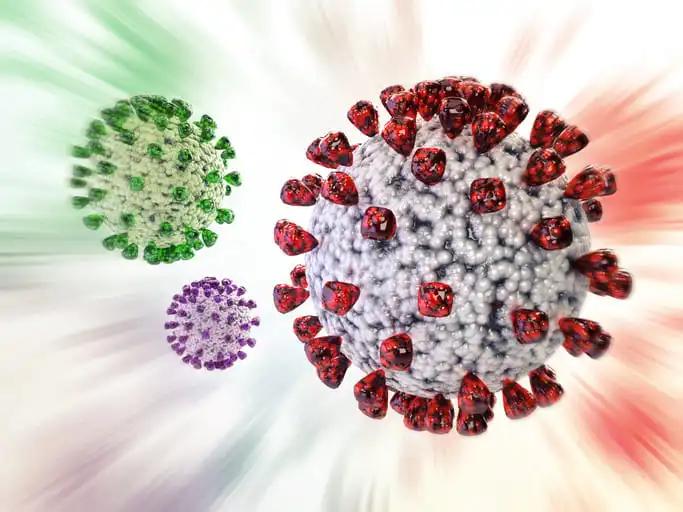KEY TAKEAWAYS
- The study aimed to investigate gut microbiome changes associated with EC using 16S gene sequencing technology.
- Researchers noticed significant changes in gut microbiota in patients with EC, though the findings were inconsistent.
Esophageal cancer (EC) is a highly malignant condition with poor therapeutic outcomes and prognosis. Despite advances in macrogene sequencing technology, the pathogenesis of EC remains poorly understood. Recent studies suggest a significant relationship between changes in intestinal flora and the development of EC, though results have been inconsistent and controversial.
Jieyin Deng and the team aimed to assess the gut microbiome alterations associated with esophageal cancer using 16S gene sequencing technology.
They performed an inclusive analysis by systematically searching PubMed, EMBASE, Cochrane’s Central Controlled Trials Register, and the Scientific Network’s database. Data extraction was carried out using Engauge Digitizer, with data analysis conducted in Stata 15.1. The Newcastle-Ottawa Scale was employed for quality grading, and the risk of bias was evaluated through forest and funnel plots, sensitivity analyses, and Egger and Begg tests.
About 10 studies were included in this analysis, assessing stool, tumor, and nontumor esophageal mucosa (gastroscopy and surgical resection) samples from 527 individuals, comprising 273 patients with EC and 254 healthy controls. Remarkable differences in microbial diversity were observed between patients with EC and healthy controls. The Chao1 index (46.01 vs. 42.67) was significantly higher in patients with EC, while the Shannon index (14.90 vs. 19.05), ACE (39.24 vs. 58.47), and OTUs (28.93 vs. 70.10) were significantly lower.
At the phylum level, the abundance of Bacteroidetes (37.89 vs. 32.77) increased significantly, whereas Firmicutes (37.63 vs. 38.72) decreased significantly; the abundance of Clostridium and Verruciformis increased, while Actinobacteria and Proteobacteria decreased to varying degrees. Additionally, the abundance of Bacteroides (8.60 vs. 15.10) and Streptococcaceae (15.08 vs. 27.05) was significantly reduced in patients with EC.
The study concluded that in patients with EC, the Chao1 index was increased while the Shannon index and OTUs were decreased. At the phylum level, Firmicutes showed a significant decrease, while Bacteroidetes and Proteobacteria exhibited significant increases. At the genus/family level, Bacteroidaceae, Prevotellaceae, and Streptococcaceae significantly decreased, whereas Veillonellaceae increased. Although the meta-analysis identified notable changes in gut microbiota in patients with EC, the conclusions were inconsistent.
The study was funded by the National Natural Science Foundation of China.
Source: https://pubmed.ncbi.nlm.nih.gov/38971508/
Deng J, Huang Y, Yu K, et al. (2024). “Changes in the gut microbiome of patients with esophageal cancer: A systematic review and meta-analysis based on 16S gene sequencing technology.” Microb Pathog. 2024 Aug;193:106784. doi: 10.1016/j.micpath.2024.106784. Epub 2024 Jul 4. PMID: 38971508.



